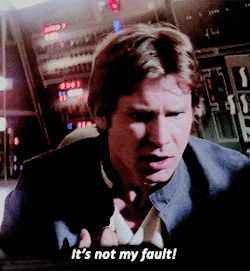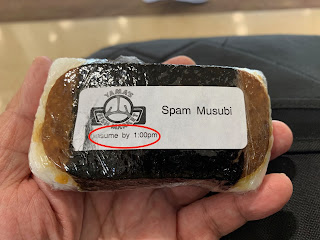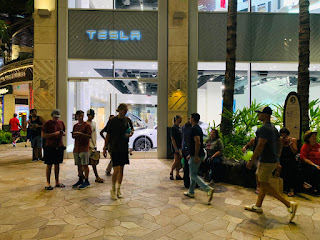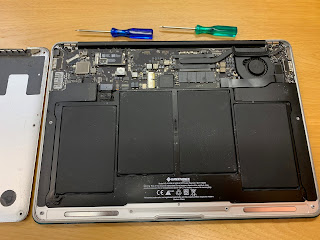We've been regular users of
Zillow since 2016. It has a trove of real estate information, useful for checking on the value of one's own home, the cost of homes in areas that we might want to move to, or market rents in every zip code.
However, one would be crazy to make a purchasing decision based
solely on Zillow's algorithms. One can't know the "feel" of a house or a neighborhood, or whether the roof might leak or the pipes need replacing, without a viewing by a real human being and/or inspector.
Zillow thought that its valuation algorithm could be relied on to buy houses
en masse to build a house-flipping enterprise. Now
it's getting out of the business.
Zillow Group Inc. reached a deal to sell about 2,000 homes from its ill-fated house-flipping program, the company’s biggest bulk sale as it starts unloading thousands of homes and terminates the business...
Zillow’s home-flipping practice involved buying homes, lightly renovating them and then selling them quickly, making money on transaction fees and home-price appreciation. The company and other iBuyers used an algorithm to make home-price estimates and determine what to pay home sellers.
Zillow said last week that it was shutting down the business because it couldn’t accurately predict future home prices and was losing too much money. The company expects to record losses of more than $500 million from home-flipping by the end of this year and is laying off a quarter of its staff.
I confess to feeling a bit of
schadenfreude that a successful (up to now) tech company got a little too big for its britches, but I think they were on the right track.
The algorithm needed to incorporate additional data--the kind of data that's hard to obtain--and Zillow needed to test the program on a much smaller scale before it bet the farm. They had the courage to pull the plug before it took down the company, and it's likely they'll be back some day, probably with a "money" partner that will provide the risk capital while Zillow provided the smarts.
Note: here we know all about being too early. Foster City was the headquarters of
Webvan, the highly-touted grocery delivery business that failed nearly 20 years ago.












































